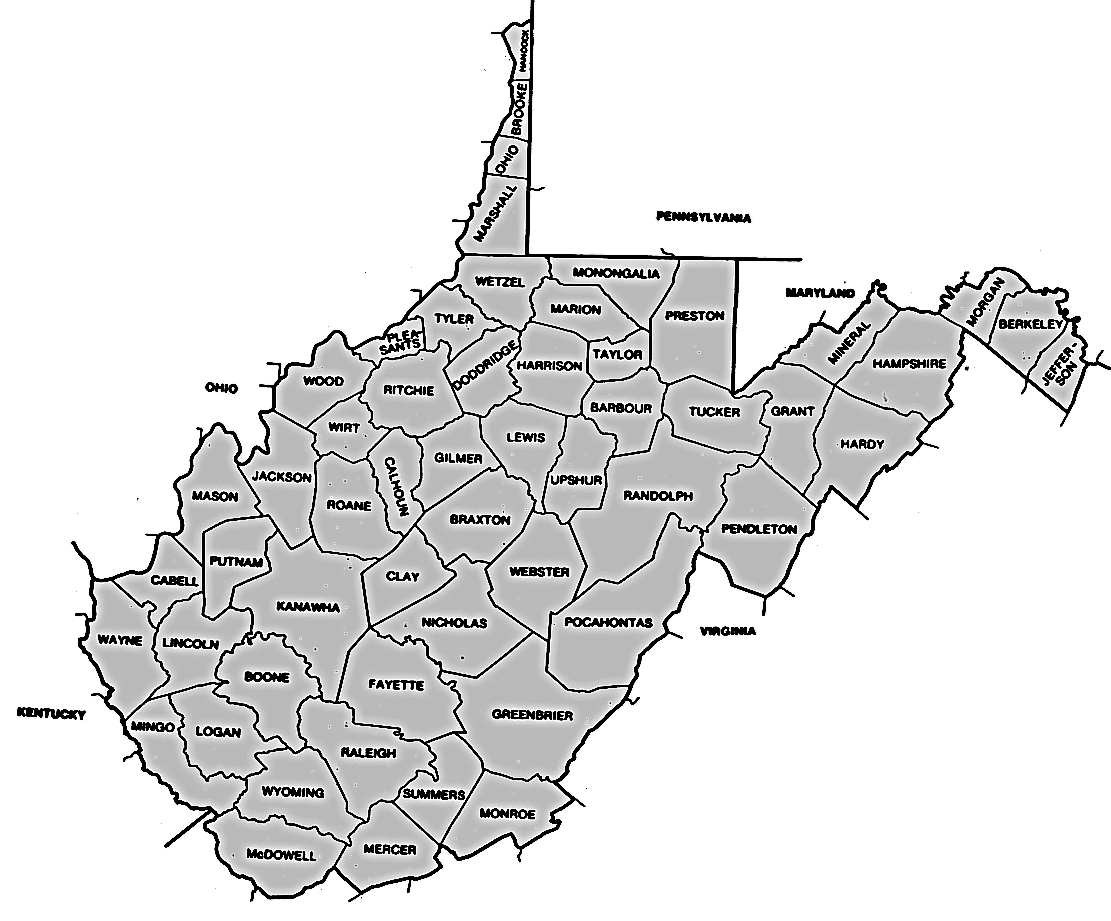WASHINGTON—The Securities and Exchange Commission is asking oil and gas companies to provide it with detailed information—including chemicals used and efforts to minimize environmental impact—about their use of a controversial drilling process used to crack open natural gas trapped in rocks.
The federal government's investor-and-markets watchdog is stepping into the heated environmental debate surrounding hydraulic fracturing, or "fracking," according to government and industry officials, even as state and federal environmental officials have begun to bring greater pressure on the industry. The process, which involves pumping water, chemicals and sand underground to free difficult-to-reach natural gas in shale basins, has come under criticism from environmental groups ad some lawmakers over concerns toxins in the mix may contaminate air and water.
The SEC move shows the broad interest among Washington regulators in taking a closer look at fracking and suggests companies that are betting billions of dollars on the technology will increasingly need to weigh disclosing techniques they often consider proprietary. Battles over disclosure have already broken out at the state level, including in states such as New York and Pennsylvania that sit on the giant Marcellus Shale, an underground formation that has become a fracking hotbed because of the large quantities of natural gas there. Just last week, Noble Energy Inc. paid $3.4 billion for a stake in developing 663,350 acres there.
Regulators in several states have identified cases in which drilling—although not necessarily the fracturing process in particular—has allowed natural gas to seep into residential water wells, and at least one scientific study has linked drilling and gas contamination more broadly. But there have been few if any documented cases of contamination by the chemicals used in hydraulic fracturing. The industry acknowledges that improperly constructed wells can allow gas to escape, but says such cases are rare and aren't directly tied to fracturing itself.
In the past, the SEC has trained its attention on other areas of concern, such as subprime mortgages and credit-default swaps, and has asked companies to provide additional information to investors. Government officials said the SEC's interest in fracking is in ensuring investors are being told about risks a company may face related to its operations, such as lawsuits, compliance costs or other uncertainties. Other federal agencies like the Environmental Protection Agency are collecting information about fracking, but those efforts are separate from the SEC.
For the moment, the SEC isn't requiring broad, standardized disclosure of fracking information to the public. Instead, oil and gas companies are being asked by the agency's office that oversees corporate disclosure to supply information confidentially to the SEC, and the agency, in turn, will likely require them to publicly disclose some of that information, according to government officials.
"If there's something in [a company's] field of operation that creates uncertainty, that's something they may want to talk about" with investors, said a government official.
The SEC's requests drew criticism from some in the industry about potential regulatory overkill.
"While our industry absolutely supports common sense disclosure and transparency measures, such duplicative inquires that may fall outside of an agency's core mission, are troubling and counter to what our nation needs at this time," said Kathryn Klaber, president of Marcellus Shale Coalition, an industry group.
An SEC spokesman said "in the course of our filing reviews staff will ask questions related to the areas disclosed in the company's filings." The EPA didn't respond to requests for comment.
The SEC's foray into the issue comes as the Obama administration is trying to find a middle ground between environmental concerns over fracking and an industry that is creating jobs and increasing domestic supplies of an alternative energy source to coal. Natural gas currently provides about 25% of total U.S. energy and is projected to increase to 45% by 2035, according to the U.S. Energy Information Administration. In addition to a fracking study being conducted by the EPA, the Department of Energy and the Interior Department have also been examining the practice. Some states have fined drilling companies for environmental problems.
For securities regulators, two recent energy-related disasters are fresh in their minds: the crippling of
Tokyo Electric Power Co.'s Fukushima Daiichi nuclear-power plant in March and last year's
BP PLC oil spill in the Gulf of Mexico. In both cases, some investors were surprised at the risk to which the companies were exposed, and their share prices fell sharply.
The SEC's questions in recent letters include which chemicals are being injected into the ground, what companies are doing to minimize water usage and what steps they are taking to minimize environmental impact, according to copies reviewed by The Wall Street Journal.
The questions are already prompting some companies to disclose more.
SandRidge Energy, a small, Oklahoma company, beefed up disclosure related to fracking operations after the SEC asked a series of questions in connection with a public offering of a trust SandRidge completed last week. For instance, the company said in a recent financial filing that its fracking fluid contains 99% fresh water, and the remainder includes the food additive guar, enzymes and other chemicals, which it didn't name.
Fracking fluids include some toxic chemicals, based on company disclosures of chemicals such as benzene and formaldehyde for congressional reports and at voluntary disclosure sites.
Kevin White, senior vice president of SandRidge, said "responding to those comments would be easier than what other companies might face" because the firm doesn't use many chemicals in its fracking fluid.
Industry representatives said much depends on how specific the SEC wants companies to be and cautioned they would resist revealing proprietary information.
"While we support disclosing our ingredients, it is critical to our business that we protect our proprietary information, including the recipes of our products," said spokeswoman Tara Mullee Agard of
Halliburton Co., one of the largest providers of hydraulic-fracturing services to the energy industry.
Already some companies have said they will voluntarily publicize their chemicals online at FracFocus.org, and several states, including Wyoming, Texas and Arkansas, have recently passed mandatory disclosure rules. The companies will make the information public through state registries.
Fracking is primarily regulated by states and is largely exempt from some federal statutes, such as the Safe Water Drinking Act. The EPA's study on whether fracking affects drinking water is to be released at the end of 2012. For the study, nine companies provided information on the chemicals they use after an agency request last year.
The SEC has also been investigating whether companies are overstating the long-term productivity of their natural-gas wells and has issued subpoenas to at least two firms, according to company financial disclosures earlier this month. The agency subpoenaed Quicksilver Resources Inc. and ExCo Resources Inc. The New York attorney general's office, meanwhile, has also issued subpoenas this month to various companies, including Range Resources Corp., Goodrich Petroleum Corp. and Cabot Oil & Gas Corp., over their estimates.
Jim Smith, a partner at Houston law firm Porter Hedges LLP specializing in environmental law, questioned whether the type of fracking information the SEC is requesting is material to a company. "I have not heard of companies in relatively recent times having significant environmental liabilities associated with hydraulic fracturing that in any way affected their reported worth," he said.
Investors, including the $129.4 billion New York State Common Retirement Fund, have begun agitating for enhanced disclosure of fracking operations over the past few years and have successfully included shareholder proposals at 16 companies. Though none have passed, proponents at Chevron Corp. got 41% support, backers at Exxon Mobil Corp. got 28% and Williams Cos. holders got 42%. Some companies, such as Williams and Cabot, have increased disclosure of their fracking operations as a result of the proposals.
New York State Comptroller Thomas P. DiNapoli , who runs the New York State Common Retirement Fund, said some companies drilling in the Marcellus Shale in Pennsylvania have had to pay large fines and suffered reputational damage over fracking problems. Chesapeake Energy and Cabot have paid fines there. "Only through appropriate disclosure do you get the information you need to make informed and sound investment decisions," he said.
—Daniel Gilbert and Russell Gold contributed to this article.

































